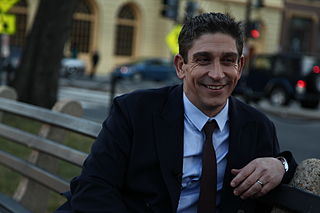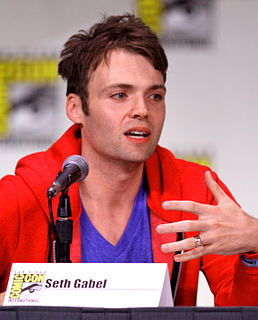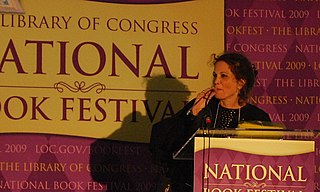A Quote by Peter van Agtmael
I read the poem [In a Dark Time by Theodore Roethke] because I was intrigued and had one of those strange senses: "This poem is kind of important to me. I don't know why, but I'm going to just keep it in the back of my mind." I just kept coming back to it. As I started putting the book together and writing the stories for it, this idea of buzzing as a word kept popping up in my brain.
Related Quotes
It was early on in 1965 when I wrote some of my first poems. I sent a poem to 'Harper's' magazine because they paid a dollar a line. I had an eighteen-line poem, and just as I was putting it into the envelope, I stopped and decided to make it a thirty-six-line poem. It seemed like the poem came back the next day: no letter, nothing.
But what I realized when I was looking back at them was that no matter how different they are, they're still coming from me, and they're still coming from my brain and my set of obsessions. I think that no matter how different I tried to make them, there were just these certain questions that I just kept circling back to as I was writing. I think they were the ones I was really swept up in in that decade.
I had been thinking about the question, "What do I love about America?" I kept coming back to this idea of community and home, which already obsessed me in my work. But I couldn't quite figure out how to lead beyond my immediate experience. Then I was just standing at the kitchen sink, and I watched the sun rise, and I thought, "How many hundreds of thousands of people are watching the same sun rise right now?" I just knew the poem would go from that line.
Sometimes I am puzzling over something for months and months and the poem gets created in small bursts and rewritten a hundred times, and chopped up and put back together, etc. Occasionally, though rarely, a poem just plops out of my head fully-formed. But always it is a blueprint of what my brain is trying to navigate at that moment.
The subject of the poem usually dictates the rhythm or the rhyme and its form. Sometimes, when you finish the poem and you think the poem is finished, the poem says, "You're not finished with me yet," and you have to go back and revise, and you may have another poem altogether. It has its own life to live.
I started out in graduate school to be a fiction writer. I thought I wanted to write short stories. I started writing poems at that point only because a friend of mine dared me to write a poem. And I took the dare because I was convinced that I couldn't write a good poem... And then it actually wasn't so bad.
I was always prepared for my 'Fringe' journey to end immediately. I had only signed up for a guest role but they kept bringing me back in the third season as a recurring character. So pretty much every time I went to film a 'Fringe' episode I kind of said goodbye to the show, but then they kept bringing me back.
I was always prepared for my Fringe journey to end immediately. I had only signed up for a guest role but they kept bringing me back in the third season as a recurring character. So pretty much every time I went to film a 'Fringe' episode I kind of said goodbye to the show, but then they kept bringing me back.
For me, the writing life doesn't just happen when I sit at the writing desk. It is a life lived with a centering principle, and mine is this: that I will pay close attention to this world I find myself in. 'My heart keeps open house,' was the way the poet Theodore Roethke put it in a poem. And rendering in language what one sees through the opened windows and doors of that house is a way of bearing witness to the mystery of what it is to be alive in this world.
Poetry is perhaps the oldest art form. We can go back to an age-old idea of naming things, the Adamic impulse - to give something a name has always been an immensely powerful thing. To name something is to own it, to capture it. A poem is still a kind of spell, an incantation. Historically, a poem also invoked: it was a blessing, or a curse, or a charm. It had a motile power, was able to summon something into being. A poem is a special kind of speech-act. In a good poem there's the trance-like effect of language in its most concentrated, naked form.

































